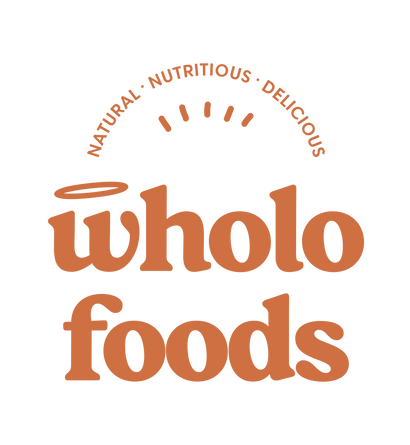
What is Coeliac Disease?
What is Coeliac Disease?
Imagine being unable to easily enjoy your favorite foods like pizza, pasta, or even a simple sandwich. For individuals with coeliac disease, this is their daily reality.
Coeliac (also known as celiac) disease is a common yet challenging condition that affects millions of people worldwide.
Understanding Coeliac Disease:
Coeliac disease is an autoimmune disorder that affects the small intestine. It occurs when the body's immune system reacts abnormally to gluten, a protein found in wheat, barley, rye and oats*.
When people with coeliac disease eat gluten, their immune system mistakenly identifies the protein as harmful. This triggers a response in their gut that causes inflammation and damages the villi which are finger like projections in the intestines that increase the surface area in our gut. Damage to the villi, causes them to flatten and decreases the surface area available for absorption of nutrients.

Symptoms:
The symptoms of coeliac disease can vary from person to person and may range from mild to severe. Some common symptoms include:
🔸Digestive Issues: These may include abdominal pain, bloating, diarrhea, constipation, and excessive gas.
🔸Fatigue and Weakness
🔸Weight Loss and Malnutrition
🔸Skin Problems: Skin conditions such as dermatitis herpetiformis, an itchy rash with blister-like bumps, can be associated with coeliac disease.
🔸Anaemia: Iron deficiency anaemia may occur due to impaired absorption of iron from the diet.
Treatment:
The only effective treatment for coeliac disease currently is a strict, lifelong gluten-free diet. This means avoiding all foods and products that contain gluten. This includes obvious sources like bread, pasta, and cereals, as well as hidden sources such as sauces, soups, and processed foods.
Even small amounts of gluten causes damage (and usually pain and other symptoms) - such as a crumb from a gluten containing food being eaten, or wheat flour dust contaminating gluten free spaces and equipment.
Following a gluten-free diet helps to alleviate symptoms, promotes intestinal healing, and reduces the risk of long-term complications.
Wholo Foods
All the foods we make at Wholo Foods are gluten free and are made in a strictly gluten free facility. So no cross contamination can occur.
We make whole food based gluten free foods and they are made from nuts, seeds and fruit & vegetables and not refined "white" carbs such as tapioca, potato and corn starch and rice flour. We also do not use any oats (see below).
*What about Oats?
Oats contain a protein that is very similar to gluten and in many coeliacs can trigger the same damaging immune response. In New Zealand oats are not considered gluten free (even (imported) oats that are labelled "gluten free" are not considered gluten free under NZ law).
For further information visit the Coeliac NZ website.
Leave a comment
Comments will be approved before showing up.



